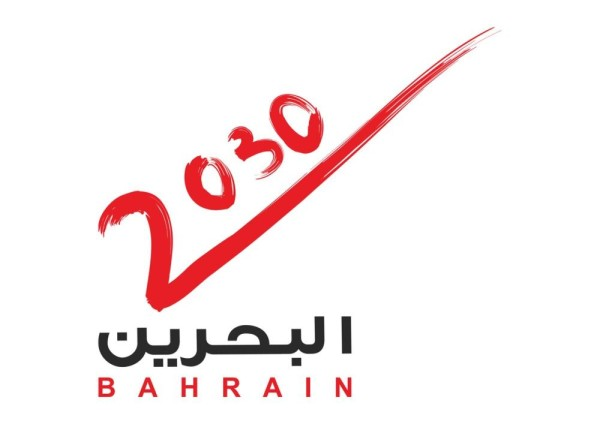Bahrain has become the jurisdiction of choice in the region for the establishment of investment funds, with the launch of new rules that offer speed, simplicity and flexibility, according to a legal expert.
Brian Howard, partner and head of the international funds team at Trowers & Hamlins told the GDN that the Central Bank of Bahrain’s (CBB) new collective investment undertakings (CIU) regulations now makes a wide spectrum of investment fund structures available to prospective managers following a simplified notification process.
“Investments in crypto assets will also be available under retail funds which can be part of a diversified portfolio,” said Mr Howard on the sidelines of a Press conference held at the Four Seasons Hotel Bahrain Bay yesterday, where the CBB shared key features of the new rules governing the mutual funds industry.
The changes come after the CBB realised that administrative processes and authorisation requirements for establishing and marketing funds needed to be simplified in line with fast-paced changes in the industry.
Talking about the expected impact of the changes, Ebtisam Al Arrayed, director of financial institutions supervision directorate at the CBB, said: “The enhanced regulatory framework forms part of CBB’s Financial Services Development Strategy (2022-2026) and will set the environment for the growth and progress of the industry. Local, Regional, and international fund operators and global investors will find the kingdom attractive for fund domiciliation as well as for using Bahrain as a launchpad for serving global markets.”
The amendments to the regulations focus on dividing CIUs into two broad categories, the first targetting retail investors and the second, accredited and affluent investors.
Retail fund offerings require receiving CBB’s prior approval whereas the second category only requires notification to the CBB by the placement agent.
Mutual funds targeting retail investors are low risk with proper diversification and risk management, while those meant for accredited and affluent investors contain high risk investments with the aim of delivering high returns.
The new framework emphasises the importance of key areas such as corporate governance, high standards of business conduct, safeguarding and segregation of investors’ money, and disclosure standards in line with international best practices.
Revise
According to CBB director of regulatory policy unit Shireen Al Sayed the new CIU regulations are now combined under a single module making them simpler and market-friendly.
“They are largely principles-based leaving room for the industry to pave the way for building a sound funds ecosystem thereby boosting growth of the asset management industry,” she asserted.
The comprehensive revision of the CIU regulations under ‘CBB Rulebook–Volume 7’ was part of a larger initiative to simplify and revise all the CBB rulebook volumes.
Describing Bahrain’s forward-looking regulations as a key competitive advantage, Musab Abdulla, executive director of investment development for financial services, technology and innovation at the Economic Development Board, said the revised regulations are another step forward which will attract further investments into the Kingdom, in line with the strategies put forward under the Economic Recovery Plan.
Also commenting was Najla Al Shirawi, chief executive of SICO – a regional asset manager, broker, and investment bank.
Ms Al Shirawi sees the enhanced rules as a “game-changer for local, regional, and global funds seeking an international jurisdiction to domicile their structures” as Bahrain now offers a “very flexible framework within a solid regulatory environment overseen by the CBB”.
Benefits of the new framework include significantly reduced set-up and ongoing processes which reduce operating costs, all factors that are prominent decision-making criteria in a manager’s choice of domicile.
“The simplification of the regulations simultaneously provides a lot more flexibility on key fund terms including asset class, investor categories, service provider requirements and legal structure,” added Ms Al Shirawi.
Bahrain has had a thriving funds industry since the 1980s.
Since then, the mutual funds industry in Bahrain experienced further growth and developments.
As of February-end 2022, the number of mutual funds in the kingdom stood at 1664, with a net asset value (NAV) of $10.6 billion.





